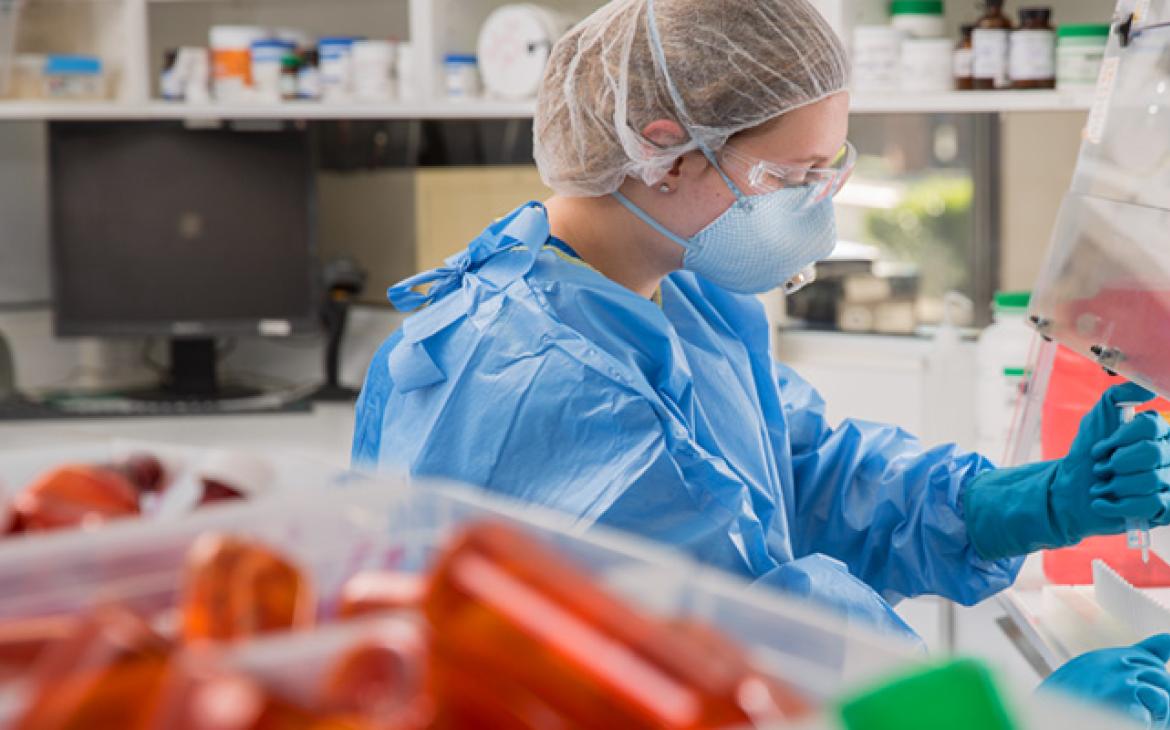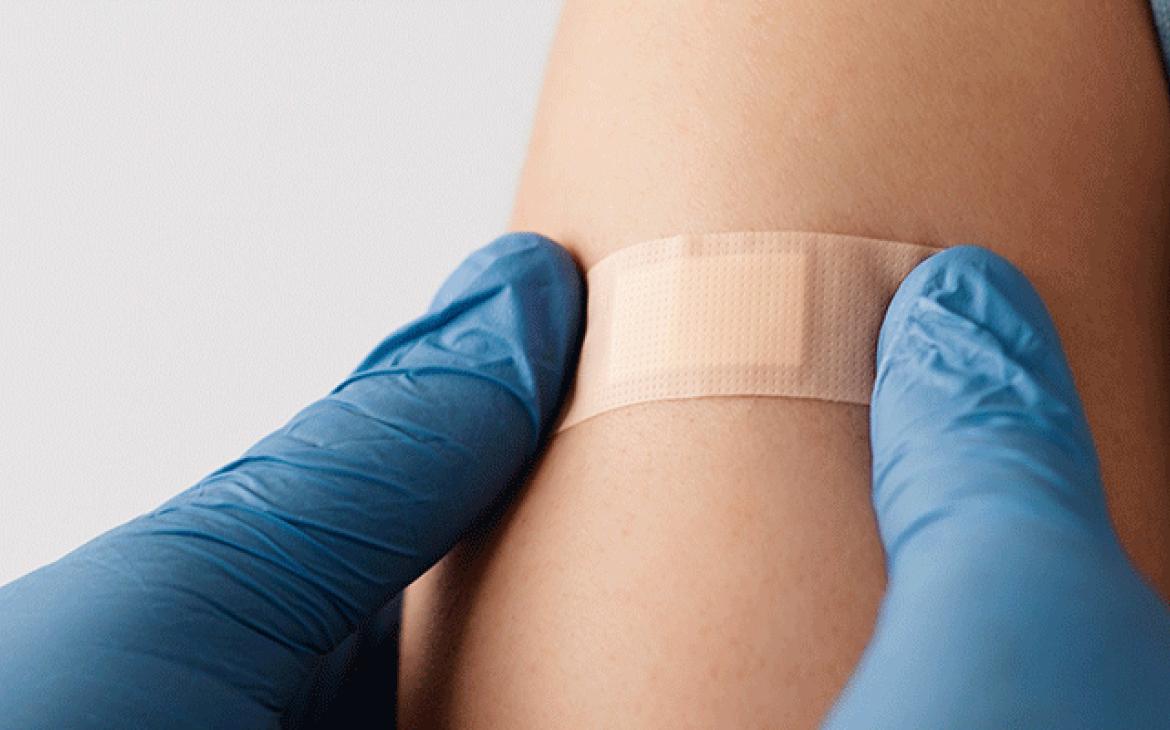
Like most young girls, I wanted to be a veterinarian when I grew up. That desire to be with and help animals was only reinforced by the fact that I was an only child and all my “siblings” were non-humans. I had an assortment of cats, dogs, horses, lizards, and chickens as companions, and also spent quite a bit of time with our 4H Club becoming more knowledgeable about providing pet and animal care.
One Health Medicine – a Holistic Approach to Public Health
By the time I was accepted into college, I had developed an awareness of the interconnectedness between humans and animals far beyond the companion human-animal bond in my “family”. Although the term One Health Medicine was not popularized until decades later, I knew that healthy pets and animals translated to healthy humans and vice versa through the roles of animals as service animals, food-producing animals, research animals, and as vectors for disease that impacted human health.
As I entered college, it became apparent to me that I didn’t have to be a veterinarian to be involved with animal well-being and health care. I watched veterinarians and veterinary technicians provide care for animals and watched physicians and nurses provide care for humans. However, the only health care professionals that I saw simultaneously providing care for all species were pharmacists.
Pharmacists Provide Care for All Species
I knew that the practice of pharmacy held great potential for me to realize my dream of providing healthcare for all species. I was accepted into the University of North Carolina School of Pharmacy in 1979 and focused my studies on the then fledgling field of veterinary pharmacy.
At that time, there were only a few pharmacists practicing veterinary pharmacy in colleges of veterinary medicine, but a collaborative group of veterinarians and pharmacists from Wyoming had demonstrated that pharmacists could play a valuable role working with veterinarians in the agricultural sector. This group also recommended the establishment of a veterinary pharmacy specialty that required specialized education and examination for licensure.
While that was almost four decades ago, and veterinary pharmacy is still not recognized by the Board of Pharmaceutical Specialties, the message sent by that collaborative group is even more relevant in today’s world, and not limited to just the agricultural sector.
There were no veterinary pharmacy training programs when I entered pharmacy school. I followed an independent study program of my own design, and by the time the North Carolina State University College of Veterinary Medicine Teaching Hospital was established in 1983, I had become known as the student who was passionate about veterinary pharmacy practice. Luckily, I was able to join the staff at the NC State College of Veterinary Medicine and begin a 31 year journey of living a dream. Since then, I have worked to make it easier for others to follow in my footsteps.
Universities Now Provide Training in Veterinary Pharmacy
The first veterinary pharmacy residency was established by Dr. Sue Duran at Auburn University College of Veterinary Medicine in 1989. Since then three other Colleges of Veterinary Medicine have established veterinary pharmacy residency programs (University of California, Davis; North Carolina State University; and Purdue University). In addition to residencies, student electives courses and veterinary pharmacy practice rotations are now emerging as part of pharmacy curriculums.
In these educational programs pharmacists learn the importance of the human animal bond and its impact on human health (e.g. service animals who spend their lives assisting physically challenged humans; detecting drugs, bombs or disaster victims; and serving as therapy animals to enrich the lives of humans confined to long or short term care) and learn the basics of anatomical and physiological principles of drug distribution in non- human species.
Veterinary Pharmacists Protect Both Animal Health and Human Health
Veterinary pharmacists are also involved in stewardship of the human food supply by ensuring that veterinary drugs and drugs used in food-producing animals or their tissues are either drug-free or are below the federal tolerance for drugs in that food. Veterinary pharmacists are also actively engaged in governmental settings in monitoring and preventing the spread of animal-vector borne diseases (e.g. tick borne diseases, leptospirosis, West Nile virus, rabies, or cat scratch fever) that pose a risk to human health, and veterinary pharmacists are also employed at the National Institutes of Health to ensure that laboratory research animals are given optimal pharmaceutical care.
It has truly been a pleasure to practice veterinary pharmacy for the last 31 years. Every day is a challenge and a pleasure, and I go home every night with the comfort of knowing that not only have I helped animals in my daily work, but that I have also impacted human health in some very tangible way.
Gigi Davidson's story is the latest in a series of profiles of pharmacists featured as part of World Pharmacist Day and American Pharmacists Month. You might also enjoy this post by Jeanne Sun - The Pharmacy: More Than Just Another Service Counter.
Gigi S. Davidson, BSPharm, R.Ph., DICVP is Director of Clinical Pharmacy Services at North Carolina State University College of Veterinary Medicine and Chair of USP’s Compounding Expert Committee


